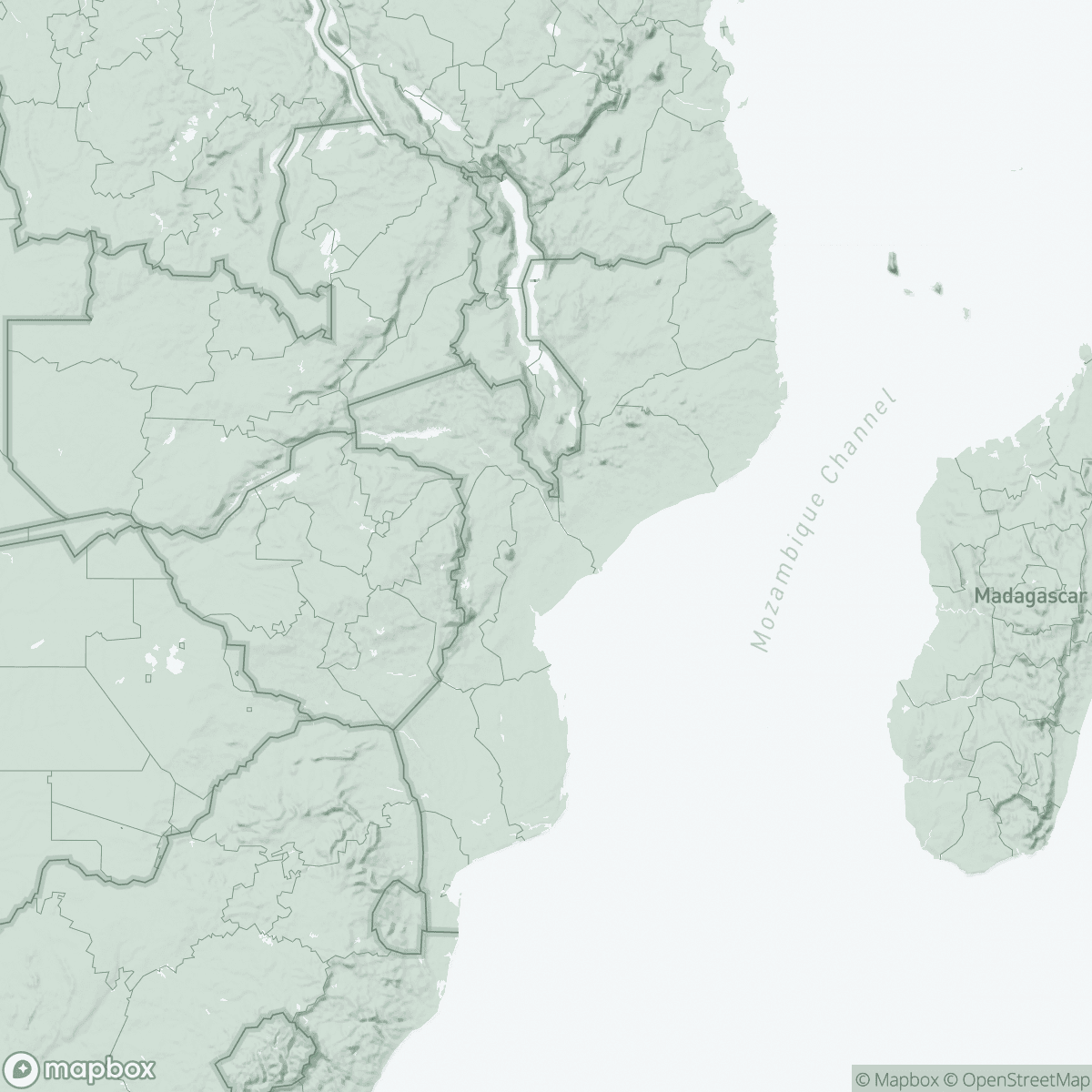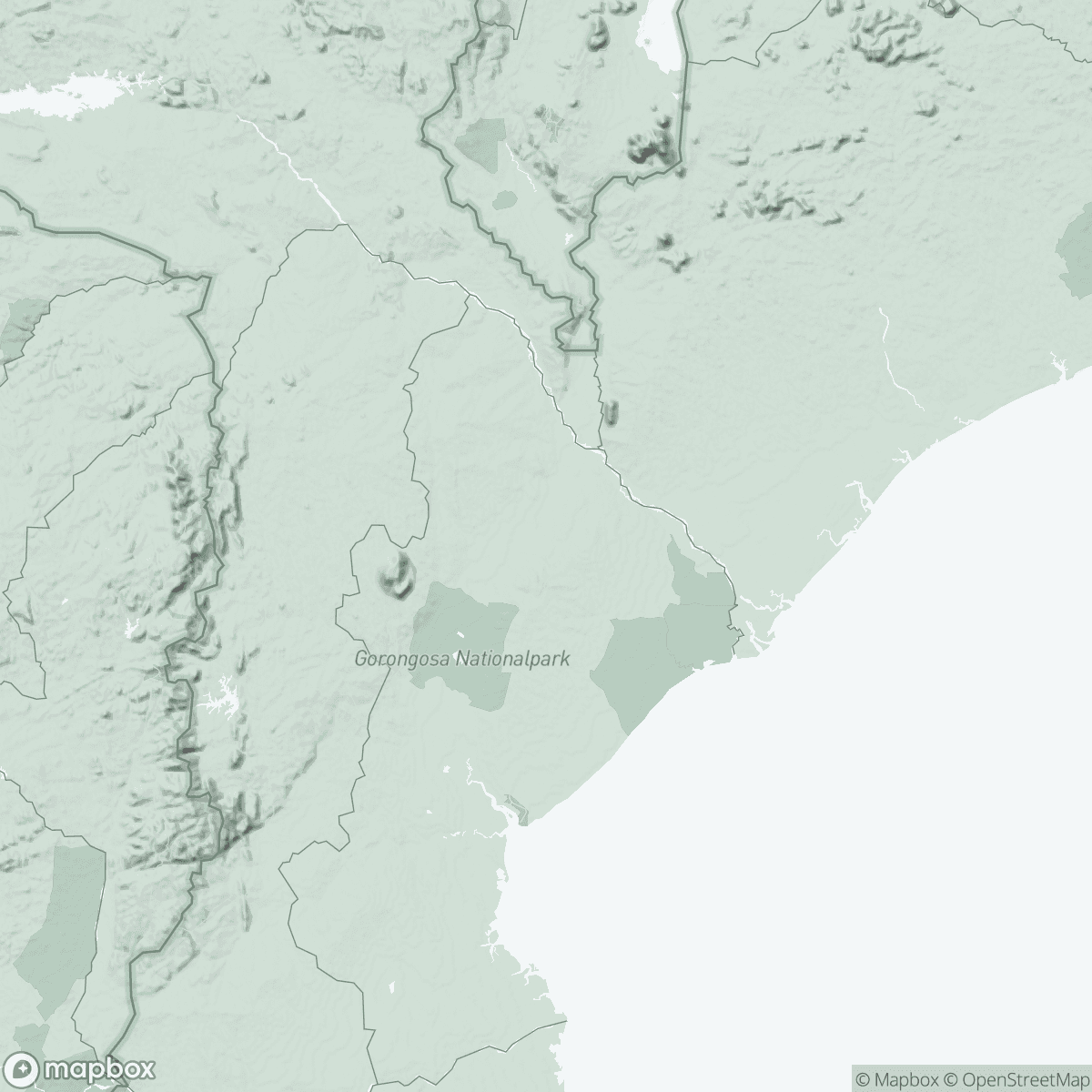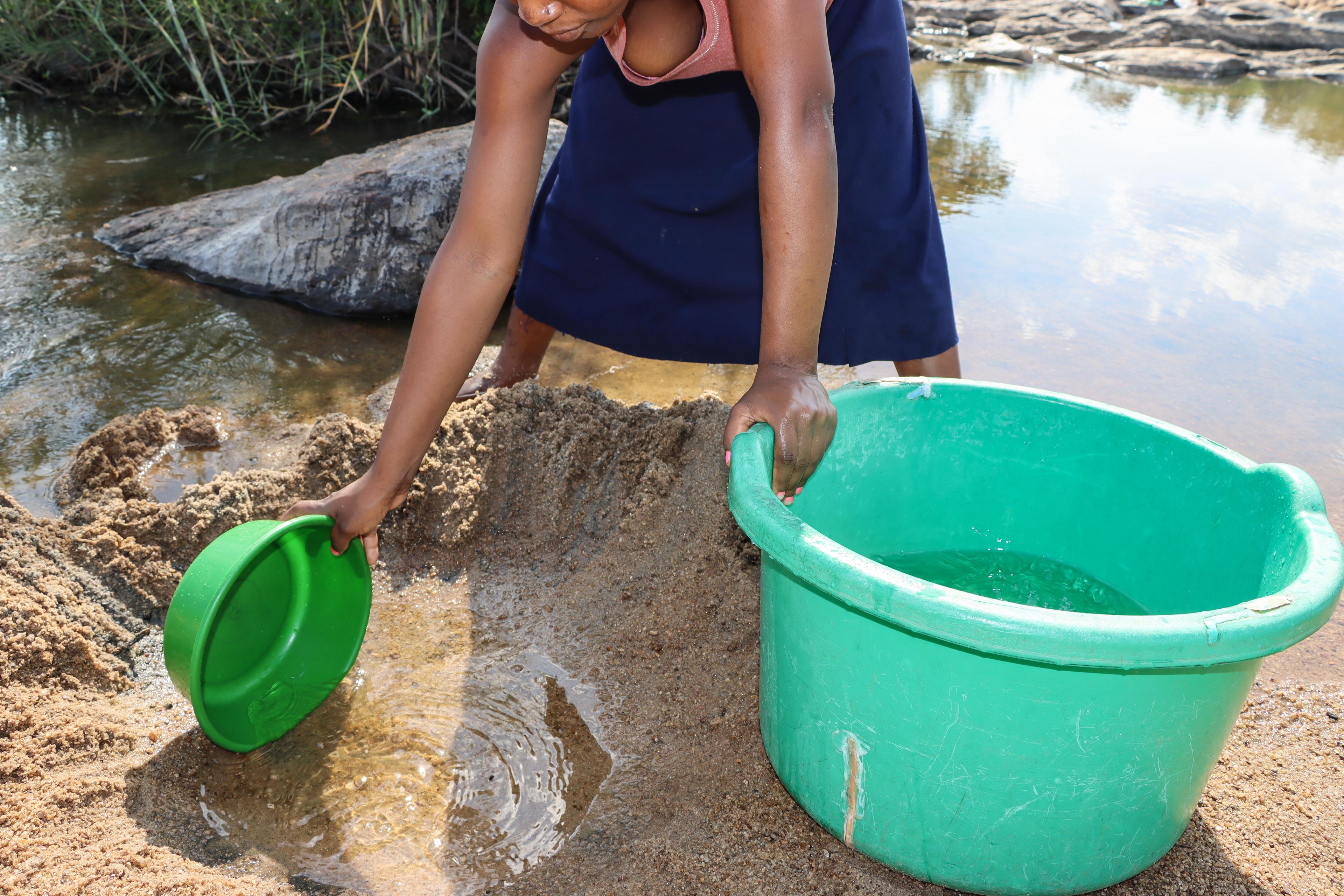
In Mogovolas, clean and safe water for Bilharzia-free living – Mozambique
In 1 click, help us spread this information :
In the northern region of Mozambique, specifically in Mogovolas district, where the prevalence of Bilharzia* is notably high, access to clean water becomes a genuine suffering. Villagers are compelled to resort to unsafe water sources to meet their basic needs, thus exposing themselves to this debilitating disease contamination and other waterborne infections, which leaves many vulnerable to prolonged health complications.
This tough situation has pushed Médecins Sans Frontières / Doctors Without Borders (MSF) to urgently implement sustainable solutions aiming at providing access to clean and safe water through the establishment of six protected wells in this district, coupled with community awareness initiatives. These activities are not only addressing the immediate health concerns associated with Bilharzia and other waterborne diseases but also laying the groundwork for long-term community response to mitigate these infectious diseases.
How the Wells Work
The protected wells are equipped with efficient hand pump systems and have been designed to bear environmental changes ensuring reliable access to safe drinking water year-round. Each well stands as a lifeline for the community it serves.
Castro Pereira, MSF Water and Sanitation Technician, leads the execution of this activity which is now supporting approximately 350 households. But his work doesn't stop there: he took water samples for evaluation by the authorities. Laboratory analysis revealed that the water from these wells is not just clean but certified safe for consumption.
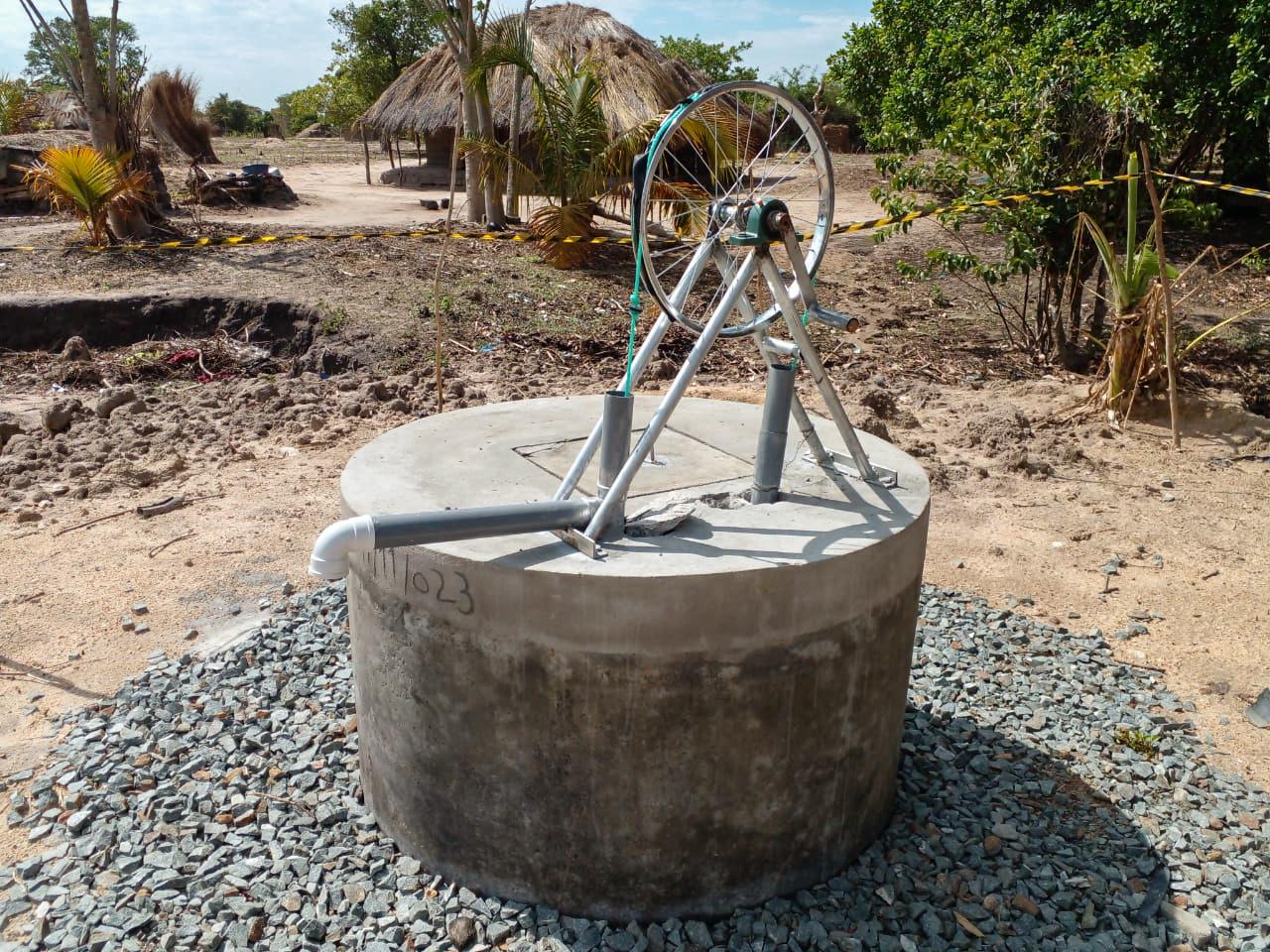
Development Down the Road
The systems require minimal maintenance and are user-friendly, making the wells accessible to people of all ages and abilities. The simplicity of the hand pump systems ensure consistent access to clean water, eliminating the need for manual labor or reliance on unreliable sources.
I'm incredibly thankful for the gift of this well because we've never had access to anything like it before. Previously, we endured long and dangerous routes to collect water, which is more or less the same we did when in need to reach ahospital. Now, these essential resources are right on our doorstep. The illnesses that once infected us are gradually disappearing because we now have access to clean and safe water. This has made a difference, especially for our children, who used to suffer greatly from waterborne diseases.The days of hardship are finally behind us.”
Rabia Chico, mother of two children who lives in the Muepane community in Mogovola
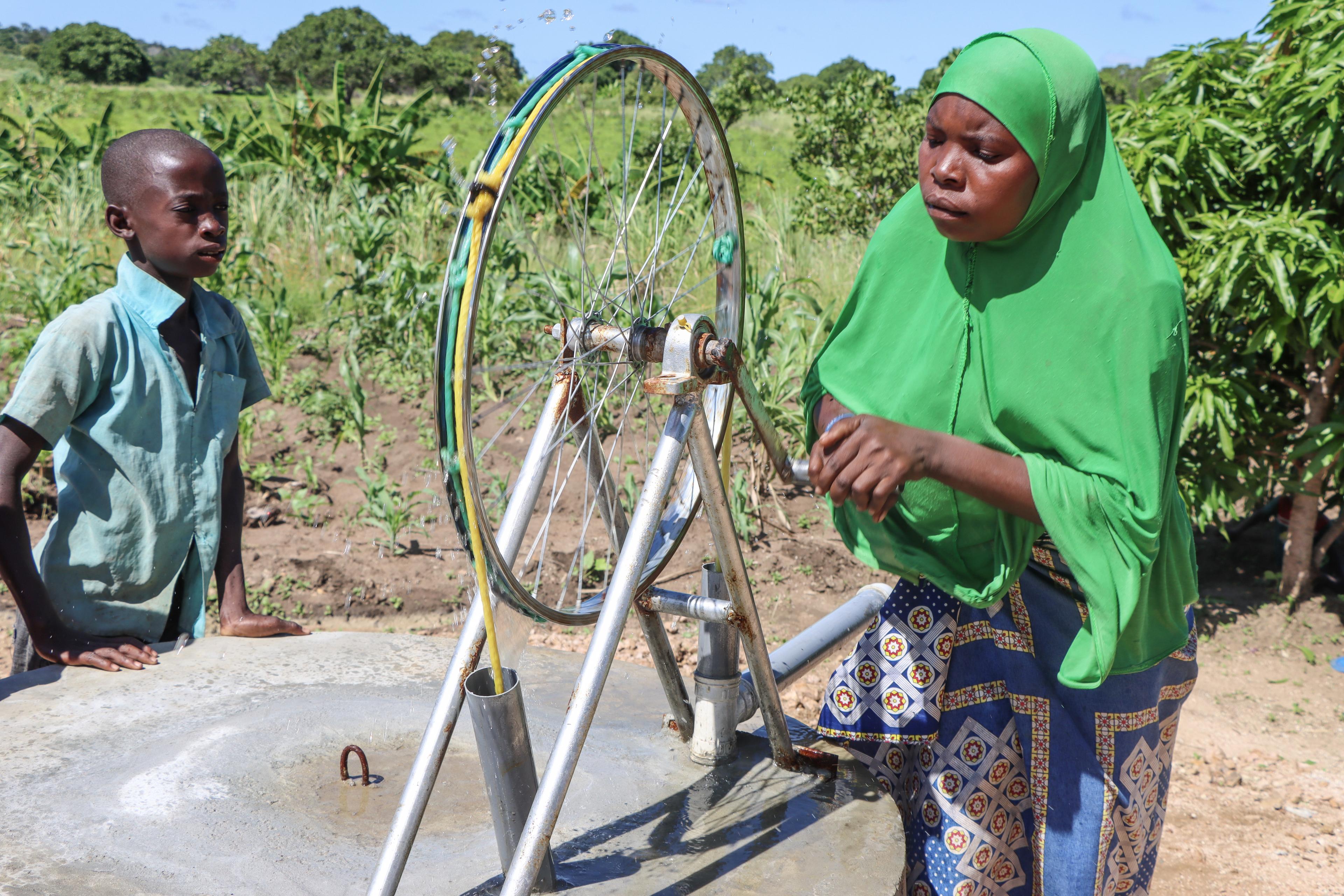
With the construction of these eight protected wells, the burden of water collection has been lifted, allowing Rabia and other community members to engage in income-generating activities such as farming, the common livelihood in Mogovolas.
We use water for everything—from cooking and drinking to bathing and other household needs. Having access to clean water has truly transformed our lives, bringing us a sense of security."
Chico added
MSF does not work alone, but with a close partnership with the community leaders as well as the health authorities. The Community Water Committee plays a critical role in ensuring the sustainability of the protected wells. Comprised of dedicated local community members like Fatima Aluano, who have undergone specialized training in safe hygiene practices and well maintenance to address potential malfunctions promoted by MSF, the committee serves as the custodian of the wells, overseeing their management and maintenance.
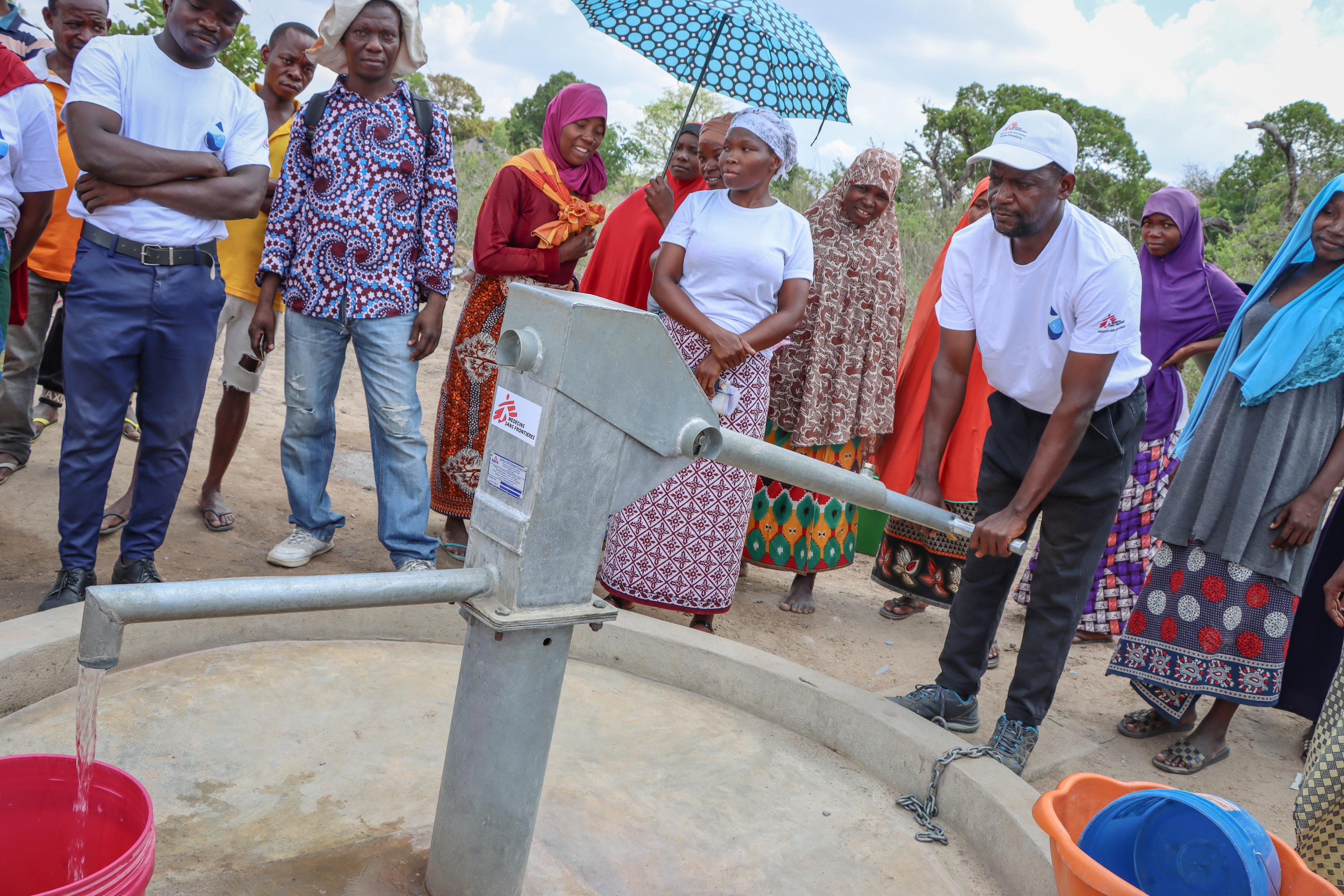
I've been fortunate to receive training that empowers me to collaborate effectively with my community to ensure the long-term accessibilty to close water sources. Through this training, I've been able to mobilize my people to actively participate in initiatives aimed at maintaining the wells."
explains Aluano
The Owner: the community
Their responsibilities include mobilizing the community to participate in running activities such as regular cleaning of the wells, organizing the queue to fetch water, and conducting routine inspections to identify any potential problems.
Additionally, the committee serves as a liaison between the community and MSF, identifying resources and support to maintain the functionality of the wells. By fostering a sense of ownership and collective responsibility, the Community Water Committee safeguard these essential water sources for their longevity and continued benefit to everyone.
Before the wells were built, our only option was to rely on river water to meet our basic needs. This often meant exposing ourselves to contaminated water sources, leading to numerous health concerns for our community. However, with the construction of protected wells, we now have access to clean and safe water right within our village. It is peace of mind to feel secured."Aluano concluded
The interconnected nature of water, climate events, and health underscores the importance of comprehensive approaches to addressing these issues. By integrating water, sanitation, and hygiene interventions with broader climate adaptation strategies to mitigate neglected tropical diseases, this project is creating combined solutions that in turn promote health resilience and resource sustainability for communities in Mogovolas.
*Schistosomiasis, also known as bilharzia, is a parasitic disease caused by worms of the genus Schistosoma. Its main characteristic is the infestation of blood vessels, often manifesting with the presence of blood in urine or stool after exposure to contaminated water.
